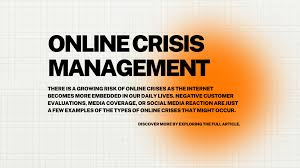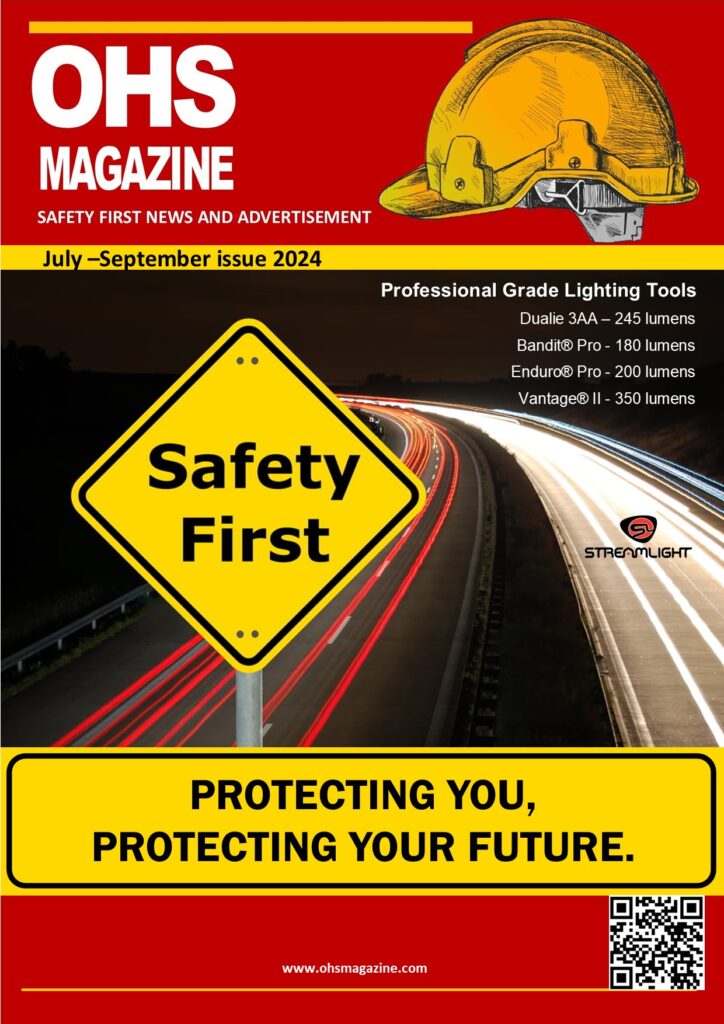Navigating Reputation Risk: Strategies for Crisis Management in the Social Media Era. In today’s hyper-connected world, a company’s reputation can be its most valuable asset – but also its most fragile. With the rise of social media platforms, where news travels at the speed of a tweet and public opinion can shift in an instant, businesses are facing unprecedented challenges in managing reputation risk and navigating crises effectively.
In recent years, we’ve witnessed numerous high-profile incidents where companies have faced severe backlash on social media, resulting in significant damage to their brand image and bottom line. From product recalls to controversial advertising campaigns, the stakes for reputation management have never been higher.
So, how are companies tackling reputation risk and crisis management in this fast-paced digital landscape?
One key strategy is proactive monitoring of social media channels and online forums. By keeping a finger on the pulse of public sentiment, companies can quickly detect potential issues before they escalate into full-blown crises. Advanced social listening tools enable organizations to track mentions, identify emerging trends, and gauge the overall sentiment towards their brand in real-time.
But proactive monitoring is only the first step. Equally important is the ability to respond swiftly and effectively when a crisis does arise. In the age of social media, silence is not an option – and a delayed or tone-deaf response can exacerbate the situation, fueling outrage and damaging trust.
Effective crisis communication requires transparency, empathy, and authenticity. Companies must acknowledge the issue, take responsibility for any mistakes, and communicate their plan of action clearly and sincerely. This humanizes the brand and builds trust with consumers, demonstrating that the company is committed to addressing the problem and preventing similar incidents in the future.
Moreover, companies are increasingly leveraging social media as a platform for crisis management. By engaging directly with stakeholders on platforms like Twitter and Facebook, organizations can provide timely updates, address concerns, and clarify misinformation in real-time. This proactive approach not only helps to contain the crisis but also demonstrates accountability and commitment to transparency.
In addition to reactive measures, forward-thinking companies are investing in long-term reputation-building strategies to mitigate risk proactively. This includes fostering a strong corporate culture centered on ethics, integrity, and social responsibility, as well as building meaningful relationships with key stakeholders, such as customers, employees, and communities.
Ultimately, reputation risk and crisis management in the age of social media require a multifaceted approach that combines proactive monitoring, swift response, and ongoing engagement with stakeholders. By embracing transparency, authenticity, and accountability, companies can not only weather the storm of a crisis but also emerge stronger and more resilient in the eyes of the public.











